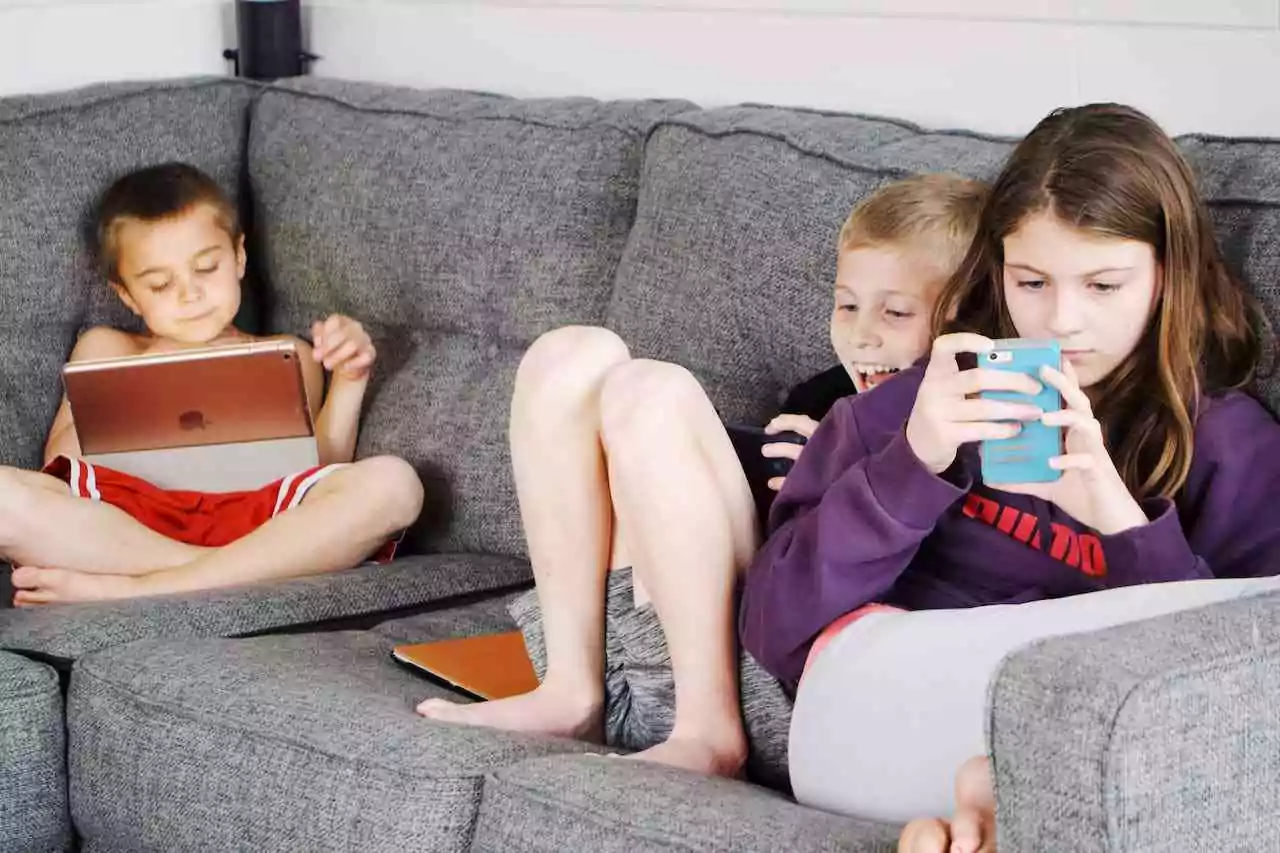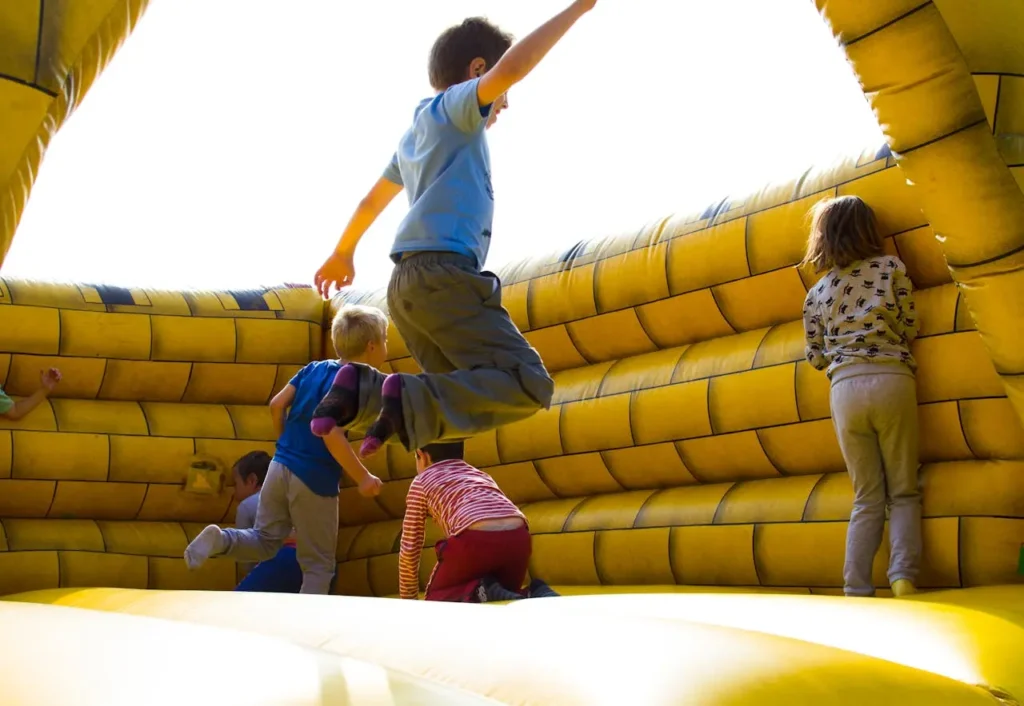Humanism
More Than an Escape: The Hidden Power of the Narrative Storm
16 February 2026

A conversation with Maciej Dębski, PhD in Sociology, educator, lecturer at the University of Gdańsk, founder and president of the “Dbam o Mój Zasięg” (Caring for My Reach) Foundation. Dębski initiated nationwide studies on phonoholism and cyberbullying, encompassing 22,000 students and 4,000 teachers.
Dariusz Jaroń: Is there such a thing as a healthy addiction to digital devices?
Maciej Dębski: Addiction is never healthy. We talk instead about healthy habits. A healthy habit could be morning exercise, nutritious eating, or getting enough sleep. Everything we do in life can be done in a hygienic or unhygienic way. It’s worthwhile to develop healthy habits regarding digital devices, which occupy a large part of our daily lives.
How do we find a balance between online and offline life?
This is about distinguishing addiction from healthy use of these devices. There are several symptoms that indicate we are overusing new technologies, dangerously veering toward addiction.
What are these symptoms?
The first is time. Check if, over a few months or a year, you’re spending significantly more time on social media or playing digital games than before. An hour on the internet is a specific reward for the brain. When we constantly reward ourselves, the value of each reward diminishes, so we need more online time to experience similar levels of pleasure. Internet use also affects our mood, reducing sadness. When we feel down, we watch things that cheer us up: cats, memes, videos.
The more positive emotions we receive, the more likely we are to reach for our smartphones. And the longer we do this, the longer we need to be online. It’s a vicious cycle.
Imagine someone who is constantly gaming online. Such a person won’t be a good worker or student, won’t take care of themselves because they are overly absorbed, have lost control, and gaming has become their most important activity. Further signs of possible addiction include conflicts, unsuccessful attempts to quit, and withdrawal symptoms similar to those observed in alcoholics when they lose access to their addictive substance.

Each symptom has many shades and nuances. How do we know when we’re approaching the limit?
Ask yourself: Does what I do online negatively impact my mental, physical, social, or spiritual health? If we are tired, overstimulated, sleep-deprived, wasting time and money, getting into debt to pay for online activities, neglecting family and duties, it’s time to seriously consider whether we’re on the path to addiction.
If the answer is yes, what should we do?
Start by controlling the quantity and quality of online activities. Every smartphone has a feature showing how long we’re online and which apps we use most. If an app increasingly consumes our time, consider temporarily uninstalling it. Don’t carry the phone everywhere. Create a safe space between the real and virtual worlds. Silence the phone an hour before sleep and keep it out of the bedroom. Managing notifications is also crucial. Turning them off can reduce constant distractions.
Do social media notifications replace personal relationships?
The issue of relationships is critical, but it’s about cultivating good ones offline. Key to digital hygiene is creating alternatives to the digital world. Nurture analog hobbies and interests, and ensure offline rest. Activities like sports, model building, board games, or puzzles, which teach patience and precision, positively affect brain plasticity. A digital detox is essential. Everyone should take a break from these devices periodically.
It sounds like a week in a cabin in the woods, away from it all.
It doesn’t have to be that long. A two-hour walk in the forest with the family, leaving phones at home, is enough. Or declare a phone-free Sunday. Any idea that gives our brains a break from these devices is good.
We recommend: Why are Americans convinced of their perfection? Prof. Zbigniew Lewicki explains
I assume this is a task for the whole family, not just the children?
Absolutely. Children learn by imitating adults. If parents overuse technology, it’s likely their children will too. So, pointing fingers at children, saying they have a problem, is not the solution. Digital hygiene is a task for the whole family and a significant challenge for parents. Ultimately, it’s up to us to set rules in our homes and stick to them.
With today’s 30- and 40-year-olds having gradually learned about technological advancements, and our children being exposed to them almost from birth, do we consume digital content differently?
We are the ones teaching these behaviors. According to the “Toddler in the Net” study, nearly 14% of children under one year old use mobile devices. Three-quarters of preschoolers regularly use their parents’ tablets and cell phones. These children were indeed born into a world of new technologies; they aren’t afraid and are curious about them. However, this familiarity doesn’t necessarily translate into creative use of such equipment. Studies involving representatives of Generation Z or Alpha clearly show that there is little creative use of the internet. It’s mostly entertainment, scrolling, multitasking with several apps. The brain jumps from one activity to another, but when given a more challenging task, there’s a problem.
How does Polish youth compare to peers from other countries?
In highly developed countries, addictions are more prevalent, especially in Asian nations. South Korean youth, for example, have a significant problem with digital insomnia, and many have disrupted biological clocks. Some hardly sleep at all. These children are sent to closed centers where therapists work to restore healthy sleep habits. There are also therapeutic camps, psychological counseling, and social campaigns highlighting the consequences of excessive internet use.
Can children in Poland expect similar support?
We are yet to implement systematic solutions. Many disorders related to technological addictions are not listed in the international classification of mental disorders, which hinders therapy funding through national health services. The situation is slowly changing, but we are far from creative solutions to this growing problem.
How do we start living healthily in the digital age?
Don’t drink sweet beverages or energy drinks at the computer, just water. Online time is already enough of a reward for the brain; don’t enhance it with sugar. Don’t eat meals at the laptop; do it together with other people. Create rituals that everyone looks forward to. Shared weekend meals, walks, and actively spent time. Also, take care of your sleep. We can’t escape the digital world, but if we don’t show children analog alternatives, we’re shooting ourselves in the foot. Let’s not be lazy parents who just hand over a smartphone.